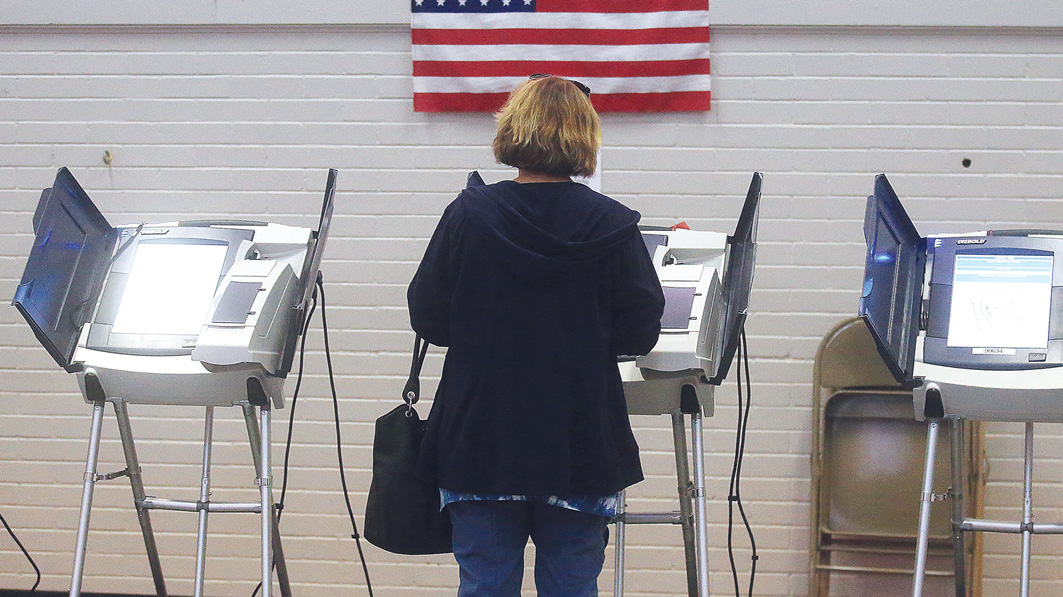In the realm of civic duty, there are elections, and then there are Elections.
Most people tend to think an Election only happens once every four years, when the nation’s attention is focused primarily on who will occupy the White House. But the reality is, every election matters deeply—and this year’s midterms qualify as one of the most important Elections of recent history.
One of the topics that may not be specifically on the ballot but simmers in the background is religious liberty. It would be fair to view this election as a referendum on your ability to live out your faith.
That’s not what the secular media would have you believe, of course. The rhetoric there has long been that this election is actually a referendum on the current occupant of the White House. But what we’re facing goes far beyond that, or any of the other red-state/blue-state political language that’s been dominating the airwaves.
The simple fact is that there are turning points, for good or ill, that affect us all not only for a couple of years at a time, but for generations.
Consider some of the changes we’ve experienced over the last decade. Since 2008, we’ve witnessed the federal government making some of the most intrusive overreaches into regulating the free exercise of religion and speech in history—things we never would have imagined before that. We saw some bad laws and even worse court decisions being handed down, time after time after time. People of faith were being stifled—and prosecuted with glee.
But over the last two years, there’s been a palpable shift in the atmosphere. Some of those bad laws have been struck down, and some of those court decisions have been reversed. People of faith, like Colorado baker Jack Phillips, have even won precedent-setting victories at the U.S. Supreme Court. The economy has been picking up, and even though our nation still faces significant problems, there’s been a fresh wind of hope that solutions are on the horizon.
There’s a sobering fact in all this, of course: Maintaining that upward thrust and building on it is not automatic. It takes work and active engagement. Because one thing is certain: If you fail to occupy the ground you’ve won, you will lose it down the road. To be passive or allow yourself to grow complacent is to forfeit every gain you’ve made on the issues you care about.
That’s why you can’t afford to stay home on Election Day, friends. Get registered. Do your research. Know what’s on your ballot, who’s running in your district. Decide what’s important to you—and vote accordingly.
Originally published in the November 2018 issue of Citizen magazine.






